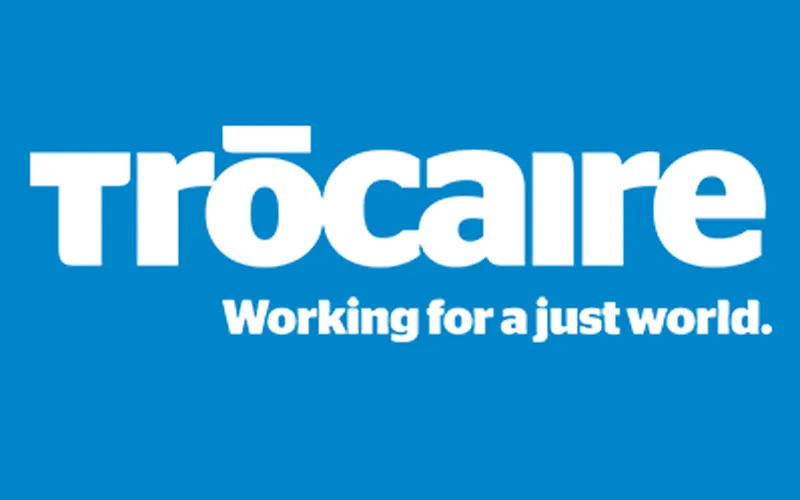Blantyre, 30 December, 2021 / 9:30 pm (ACI Africa).
There is need for a shift from traditional methods of farming to those that are “more sustainable” to guarantee food security, Malawi-based officials of the overseas development agency of the Catholic Bishops of Ireland, Trócaire, have said.
In a Thursday, November 4 report, the officials of Trócaire who highlight the organization's agroecological project in the Southern African nation say COVID-19, effects of climate change, and conflicts have exacerbated the need to urgently find new approaches to tackle the increasing food insecurity.
“There is an urgent need for a global transition towards more sustainable and equitable agriculture and food systems,” Trócaire officials in Malawi say, and add, “We urgently need food systems that deliver on the right to adequate food for all, while building resilience to climate change and other challenges.”
They say the current food systems and policies around farming cannot achieve the Sustainable Development Goal of zero hunger by 2030 because they leave out a large number of the poorest populations behind.
“Small scale producers, women farmers, pastoralists, and landless agricultural workers in low-income countries are amongst those most severely impacted by food insecurity, biodiversity loss and climate change," Trócaire officials in Malawi are quoted as saying in the November 4 report.








